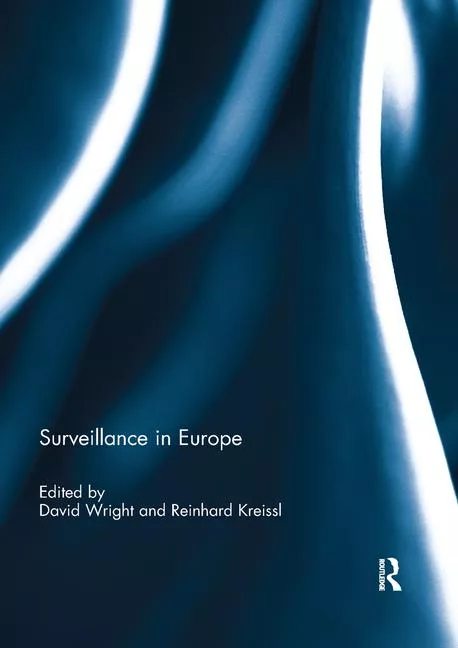Europe's New Rules to Thwart Terror Attacks

New EU-wide rules on illegal acts to counter the growing threats from foreign fighters and lone wolves were approved by the European Parliament on February 16. The new directive on combatting terrorism will update the current European Union framework rules on terrorist offences and widen their scope to include emerging threats.
The extended list of preparatory acts to be criminalized includes:
-
Traveling abroad to join a terrorist group and and/or returning to the EU with the aim of carrying out a terrorist attack,
-
Recruiting for terrorism,
-
Training or being trained for terrorism,
-
Aiding, abetting or attempting to carry out an attack,
-
Public incitement or praise of terrorism, and
-
Financing of terrorism and terrorist groups.
The new directive also includes provisions to ensure immediate assistance to victims and their relatives after an attack. For example, EU member states should ensure that support services are in place to help families find out which hospital their relative has been taken to, and help victims to return to their home countries, if they have been caught in an attack while visiting another EU country. Assistance should also include medical and psychological support as well as advice on legal and financial matters such as legal procedures for making claims.
Once the new rules are published in the EU Official Journal, member states will have 18 months to transpose them into national law. The UK and Ireland will not be bound by the directive, but may notify the EU Commission of their intention to opt in, if they so wish. Denmark will not be covered by the directive.
At the same time, the European Parliament also approved new rules to step up external border checks with a view to improving the EU’s internal security. Under these new rules, all EU citizens and third-country nationals entering or leaving the EU will be systematically checked against databases, including those of lost and stolen documents.
The new regulation on border checks amends the Schengen Borders Code and is in direct response to terrorist threats in Europe as demonstrated by recent attacks in Belgium, France and Germany.
The checks will be mandatory at all air, sea and land borders, on both entry and exit. However, if these systematic checks slow land and sea border traffic too much, EU countries may carry out only “targeted” checks instead, provided that a risk assessment has shown that this would not lead to threats to security. People who are not subjected to a “targeted” check would at least have to go through an ordinary check to ascertain that their travel documents are valid and establish their identities.
At air borders, member states may use targeted checks for a six-month transition period after the new regulation enters into force. This period may then be prolonged by a maximum of 18 months in some exceptional cases, for example where airports lack facilities to perform systematic checks against databases and need more time to adapt.
Looking for a reprint of this article?
From high-res PDFs to custom plaques, order your copy today!





